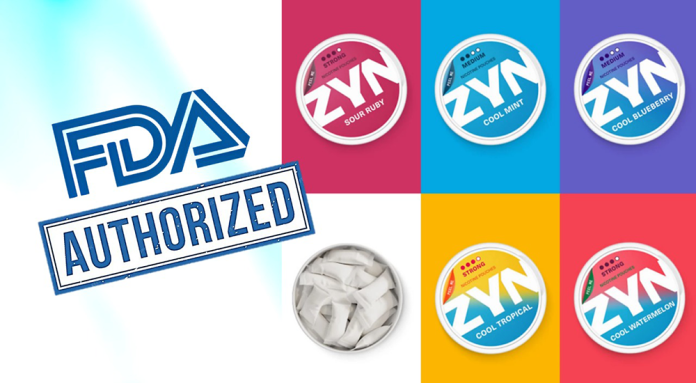While the U.S. Food and Drug Administration (FDA) has authorized the marketing of Zyn nicotine pouches as a reduced-risk alternative to traditional cigarettes, Pakistan’s regulatory stance on these products remains uncertain. The FDA’s decision reflects a growing global shift toward harm reduction, yet Pakistan has yet to establish clear guidelines for nicotine pouches despite having one of the highest smoking rates in the world.
Pakistan is home to approximately 25 million tobacco users, with smoking as the leading cause of tobacco-related harm. According to the World Health Organization (WHO), over 160,000 people in Pakistan die annually from smoking-related illnesses, placing a significant financial and social burden on the country. In 2019 alone, the economic cost of smoking-related diseases and deaths was estimated at USD 3.85 billion. Given these figures, alternative nicotine products such as Zyn and Velo could play a crucial role in harm reduction efforts—provided they are properly regulated.
Currently, nicotine pouches in Pakistan exist in a regulatory gray area. Unlike the U.S., where FDA oversight ensures safety and quality, these products lack formal approval in Pakistan. Without regulatory standards, consumers are left without clear guidance on product safety, and public health authorities have no framework to assess or monitor their impact. The lack of oversight also limits opportunities for harm reduction strategies to be effectively integrated into national tobacco control policies.
Many European countries have demonstrated the potential benefits of harm reduction by dropping smoking rates to just 4.5%. This success is largely attributed to endorsement of better alternatives.
The FDA’s decision to authorize Zyn aligns with this trend, recognizing the role of reduced-risk products in public health.
Pakistan must decide how to address its high smoking prevalence and whether to incorporate nicotine pouches into its regulatory framework. Economic pressures, social stress, and the widespread use of nicotine necessitate a structured approach to harm reduction. Establishing regulations for nicotine pouches could provide smokers with a better alternative while reducing the strain on Pakistan’s healthcare system.
The FDA’s move to authorize Zyn nicotine pouches highlights the growing international support for harm reduction. As countries worldwide adopt policies that acknowledge the benefits of reduced-risk nicotine products, Pakistan faces a critical decision: will it follow suit, or will it continue to lag behind in offering better alternatives for smokers?


